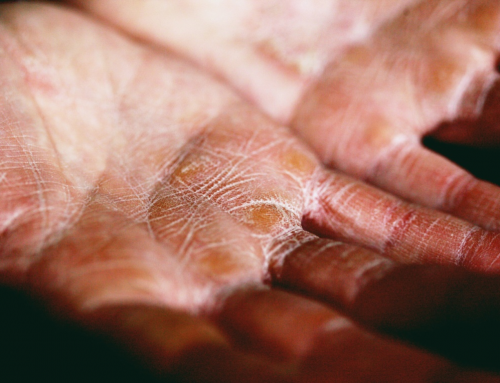According to the Centers for Disease Control and Prevention in the United States, secondhand smoke causes more than 7,300 lung cancer deaths among U.S. non-smokers each year. Secondhand smoking, or passive smoking as it is otherwise known, is a public health hazard across the globe. Despite the well-known and widely researched harmful effects of smoking, millions of people continue to smoke tobacco cigarettes every year. What is tragic is that cigarette smoke is not just harmful for the smoker, but also affects the lungs of those present nearby.
What is passive smoking?
When a person smokes, they don’t actually inhale most of the smoke produced by the cigarette. What happens instead is that the smoke is dispersed in the surrounding environment, and everyone present within close proximity of the smoker ends up inhaling the smoke. You may have to be an adult to smoke legally, but there is no way to control others like babies, children and pregnant women from passive smoking. This is a problem that has been curtailed in some places by banning public smoking and designating special smoking areas, but in many parks, buildings and offices around the world, thousands of non-smokers are engaging in passive smoking simply by living or working with smokers.
Why is passive smoking dangerous?
Even brief exposure to secondhand smoke is carcinogenic, which means that it can damage our cells in a way that might cause cancer. Non-smokers who are exposed to secondhand smoke increase their risk of developing lung cancer by 20–30%.
In pregnant women, passive smoking has been shown to cause Sudden Infant Death Syndrome (SIDS).
What can you do to avoid passive smoking?
To avoid inhaling secondhand smoke, avoid crowded places where people are smoking. If someone sitting close to you lights a cigarette, you can move away or politely ask them not to smoke while seated next to you. If you have a baby, make it very clear to your friends and relatives who are smokers that they are not to smoke near your baby at any cost.
Cigarette smoke causes many health-related complications such as asthma and in extreme cases, lung cancer, so it’s best to take as many precautions as you can to avoid exposure to cigarette smoke.

If you wish to see a doctor for asthma and respiratory care in Midland, TX, reach out to us on our website to explore treatment options with Dr. John Bray.
Dr. Bray has unique training in multiple medical disciplines which makes him especially qualified to treat patients with several types of health problems. Contact us here or give us a call at 432-561-8183.









Leave A Comment